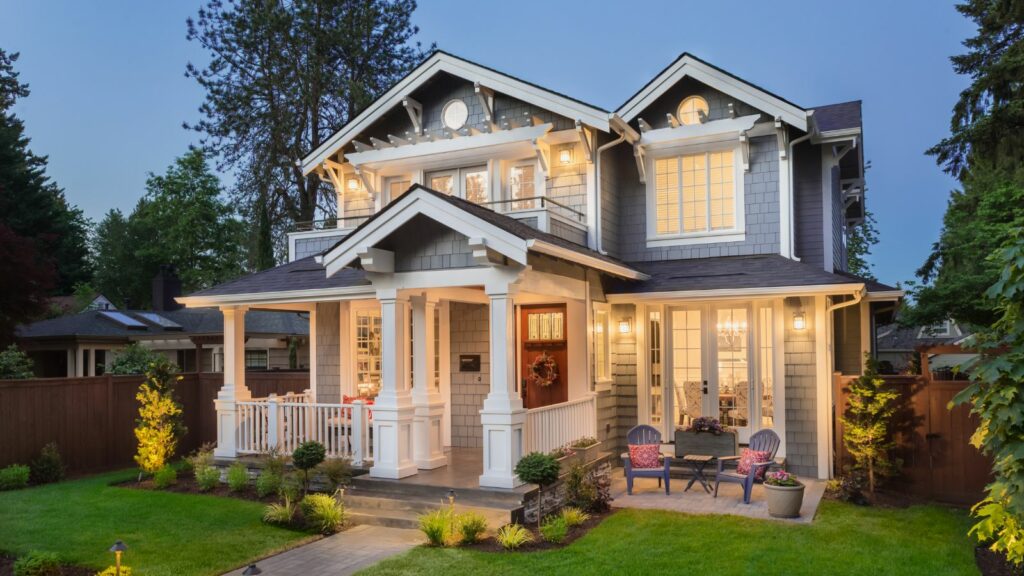Table of Contents
Are you preparing to list your home for sale? If so, you are likely exploring ways to get the most out of the process and maximize your return. Increase the value of your home with simple improvements before hitting the market so potential buyers can start envisioning making memories in their new abode! With these tips on how to increase home value when selling, you can make wise decisions on short and long-term investments that are sure to pay off.

Curb Appeal Inspires Perceived Value
Curb appeal is the everlasting first impression potential buyers have of a house, so properties must be well presented. Curb appeal can refer to things such as a tidy yard with manicured landscaping, an updated front door, or a paint job on the home’s exterior. A small investment in aesthetic improvements can pay off big dividends; after all, adding curb appeal raises the perceived value of a home when it goes on the market.
Here are a few ways to upgrade your home’s curb appeal:
Power wash the exterior: Cleaning the siding, driveway, and walkway can freshen up the look and give your home a brand-new feel.
Replace and upgrade outdoor lighting: Updating an outdated or mismatched porch light to something modern will increase nighttime appeal. Choose energy-efficient LED lighting that is easy to install by yourself.
Pressure wash the driveway: This will remove dirt and grime, leaving you with a fresh slate to start from.
Update your landscaping: Planting some easy-to-maintain flowers or shrubs can provide a nice touch that adds beauty to any home. Consider also adding a layer of mulch in flower beds to give them an extra boost.
Replace door and window screens: Torn or outdated screens can make a home look neglected. Replace them with new, modern ones to give your home a more polished appearance.
Upgrade the front door: A new coat of paint and a stylish doorknob can instantly elevate any property’s curb appeal.
Stage Your House to Warrant a Higher Price
Staging your house for sale can effectively add perceived value and attract more potential buyers. Home staging makes a residence look and feel inviting, so it can help you increase the home’s value when it hits the market.
Here are a few tips on how to stage your house effectively:
Invest in small repairs: Fixing minor issues around the home can make it look better and may even warrant a higher price from buyers. Investigate what needs to be repaired and ensure these are taken care of before listing the house.
Eliminate clutter: Clear out all the unnecessary items that make rooms feel cramped and overwhelmed. This will help potential buyers imagine their own belongings in the space.
Depersonalize: Remove personal items such as family photos or children’s artwork to help potential buyers picture themselves living in the house.
Deep clean: Even if you clean regularly, a deep clean can make all the difference when staging your home. Pay extra attention to small areas like door frames, baseboards, etc.
Repaint walls for a fresh look: Repainting is an inexpensive yet powerful way to give your home a new look. Consider neutral colors such as off-white or grey to make the house feel more inviting.
Freshen up the entryway: This is where buyers start their tour of your home, so it should make a great first impression. Consider adding a colorful welcome mat and some potted plants for an inviting touch.
Update fixtures and appliances: Updating outdated fixtures and appliances can make a home feel modern and increase its value.
Bring in natural light: Natural light can make any space look bigger and brighter. Make sure windows are clean and let the sunshine in!
Price the House Appropriately
Placing too high of a price tag on your home is not the best strategy if you want to maximize its perceived value. Overpricing can cause buyers to view your home as less desirable; some may even consider it overpriced right off the bat and quickly lose interest, reducing the demand for the property.
Alternatively, pricing your house too low can lead buyers to believe there is something wrong with it or that it’s not worth investing in. As such, pricing correctly from the get-go is incredibly important: You should analyze recent market trends in your area, compare similar properties to yours, and factor in any depreciation that has occurred since then.
With an accurate assessment and an appropriate price tag, you will have a greater chance of successful sales negotiations that end in an agreeable outcome for all parties involved.
An Agent Can Help You Garner a Higher Price for Your Home
Working with a qualified, professional local real estate agent can be highly beneficial when selling your home. As an expert in their field, they are equipped to provide advice and insights beyond the typical research you can do on the internet.
An agent will understand the current market and help you achieve a fair price for your home. They’ll also offer tips on how to make your house attractive to buyers, such as polishing up its appearance from the curb, staging its interior effectively, and pricing it competitively according to other homes in the area.
An agent will also represent you in negotiations with buyers, helping you get into a more advantageous position during any deals. These steps can drastically increase your odds of obtaining a better sale price for your beloved home.
Conclusion
Increasing the value of your home before selling can be tricky, but it’s worth it when done right. Invest in minor repairs, clear out clutter and personal items, deep clean, repaint rooms with neutral colors, update the fixtures and appliances, bring in natural light, and price the house appropriately according to current market trends.
Working with a real estate agent can also be incredibly beneficial, as they will have specialized knowledge and expertise to help you get the best sale price for your home.
